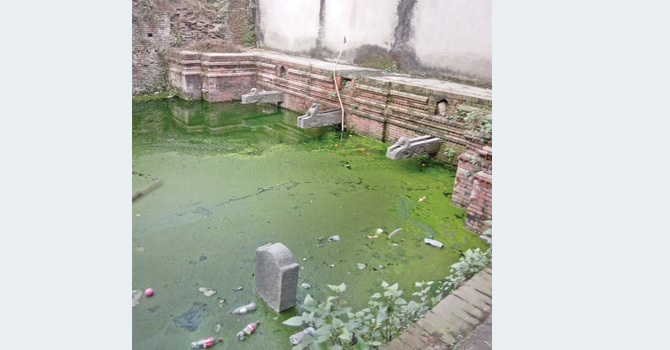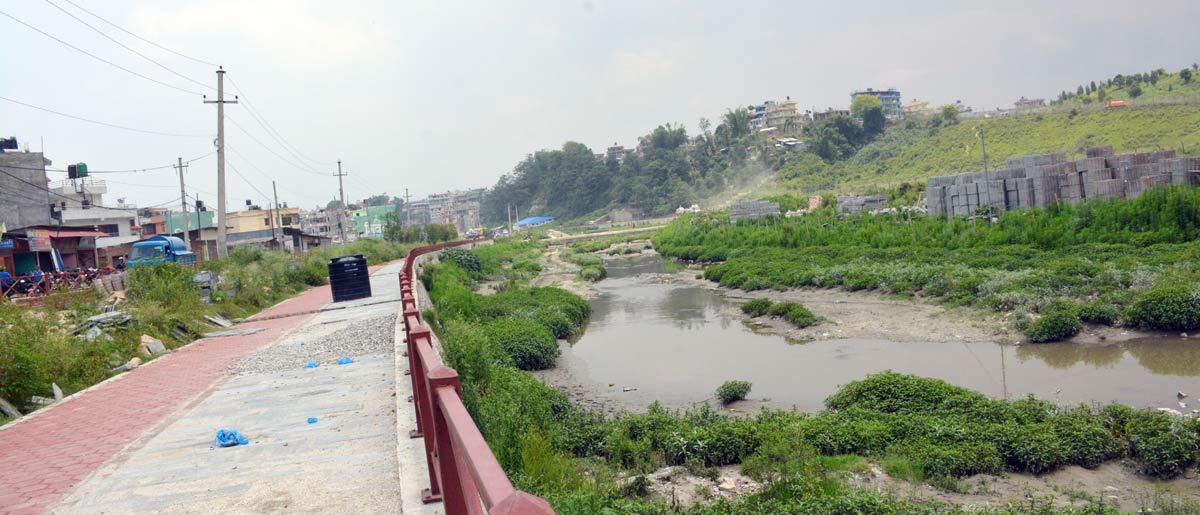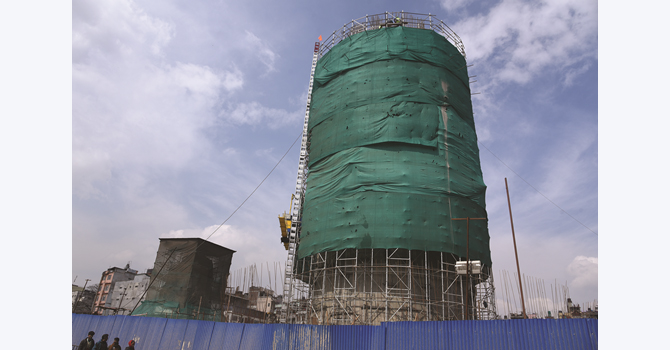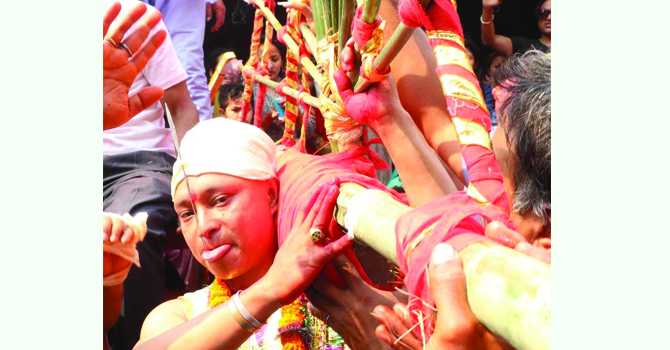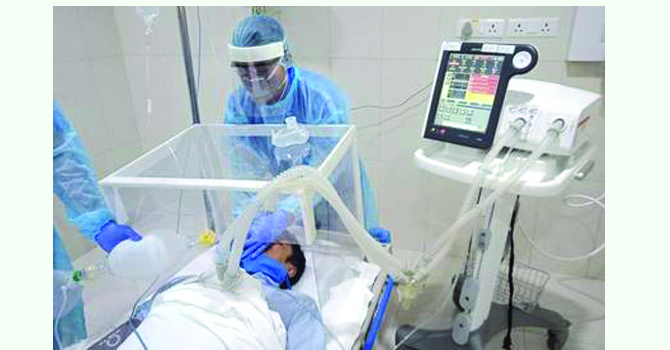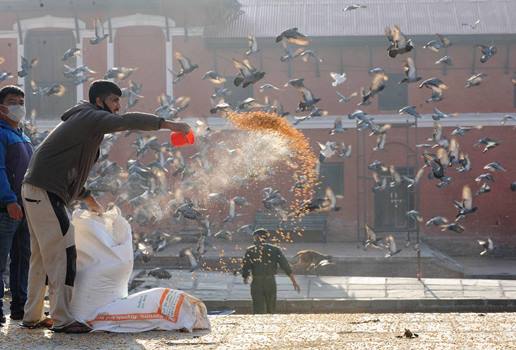Safe disposal of COVID-19 related waste challenging
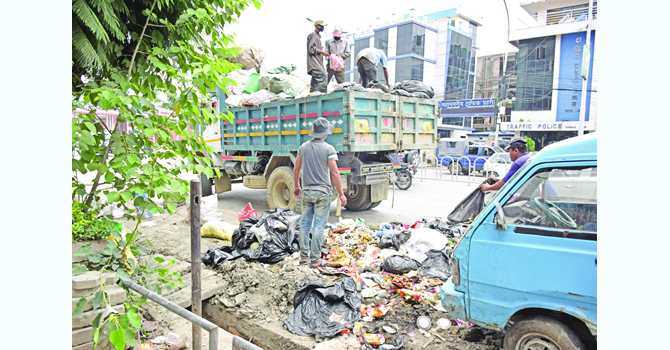
By Binu Shrestha
Kathmandu, Aug. 27: With the surge of COVID-19 cases across the nation, waste management and sanitation at the healthcare institutions have become a new challenge to the government.
The hospitals, quarantine centres, healthcare facilities and individuals are producing more waste, including masks, gloves, gowns and other protective personal equipment.
In order to contain the transmission of the virus, safety management and safe disposal of such wastes are vital.
The Ministry of Health and Population (MoPH) has brought Healthcare Waste Management Directive-2077 which is under the process of endorsement.
As per the directive, the wastes must be classified as infected and non- infected ones. The infected waste should be packed in biohazard bag, and non-leakage and cover-based bucket and bins by mentioning the label of package date.
The individual protective wastes from quarantine centres, entry points and individuals have to be packed in swan neck biohazard bag and labelled with the collected date.
Other infectious wastes like blood, body liquid mixed waste, tools used for lab test, used chemicals, swab, cotton, treatment materials used in treatment process, human parts and sharp equipment have to be packaged in biohazard bag and manage them within 24 hours.
The protective equipment like gloves, masks and other waste products from individual homes during care of the sick persons have to be collected in buckets and disposed safely.
The Healthcare Waste Management Directive-2077 introduced by the MoHP is yet to be endorsed, said Dr. Surendra Chaurasiya, chief of the Environmental Health and Health Care Waste Management Division of the MoHP.
He said that there was a risk of transmission of the COVID-19 through the unmanaged hospital wastes, so the concerned authorities must follow the protocols while managing the wastes.
The ratio of COVID-19 infection has increased sharply, but the government has not given priority to the safe management of healthcare wastes, said Ashok Kumar Byanju Shrestha, mayor of Dhulikhel Municipality and president of Municipal Association of Nepal.
Dhulikhel Municipality has provided individual safety equipment for all waste collectors and distributed sanitizer, COVID-19 insurance of Rs. 100,000 and tested their samples through the PCR method.
The government must take responsibility of disposing waste products from quarantine centres, he said.
Dhurba Acharya, president of Solid Waste Management Association of Nepal (SWAN), said that waste categorisation and re-use of waste products are only limited in pilot project.
More than 3,000 COVID-19 patients are staying in home isolation in the Kathmandu Valley. The wastes of those infected have also been mixed with other non- infected wastes, which is harmful.
The patients in home isolation must manage biohazard bag to collect waste and mange to separate waste collected from others, he said.
Mahesh Nakarmi, waste management specialist, said that only providing of PPEs is not sufficient to stay safe from the infection of coronavirus, training must be provided to the health workers for proper use of those equipment and their disposal.
Recent News

Do not make expressions casting dout on election: EC
14 Apr, 2022
CM Bhatta says may New Year 2079 BS inspire positive thinking
14 Apr, 2022
Three new cases, 44 recoveries in 24 hours
14 Apr, 2022
689 climbers of 84 teams so far acquire permits for climbing various peaks this spring season
14 Apr, 2022
How the rising cost of living crisis is impacting Nepal
14 Apr, 2022
US military confirms an interstellar meteor collided with Earth
14 Apr, 2022
Valneva Covid vaccine approved for use in UK
14 Apr, 2022
Chair Prachanda highlights need of unity among Maoist, Communist forces
14 Apr, 2022
Ranbir Kapoor and Alia Bhatt: Bollywood toasts star couple on wedding
14 Apr, 2022
President Bhandari confers decorations (Photo Feature)
14 Apr, 2022


